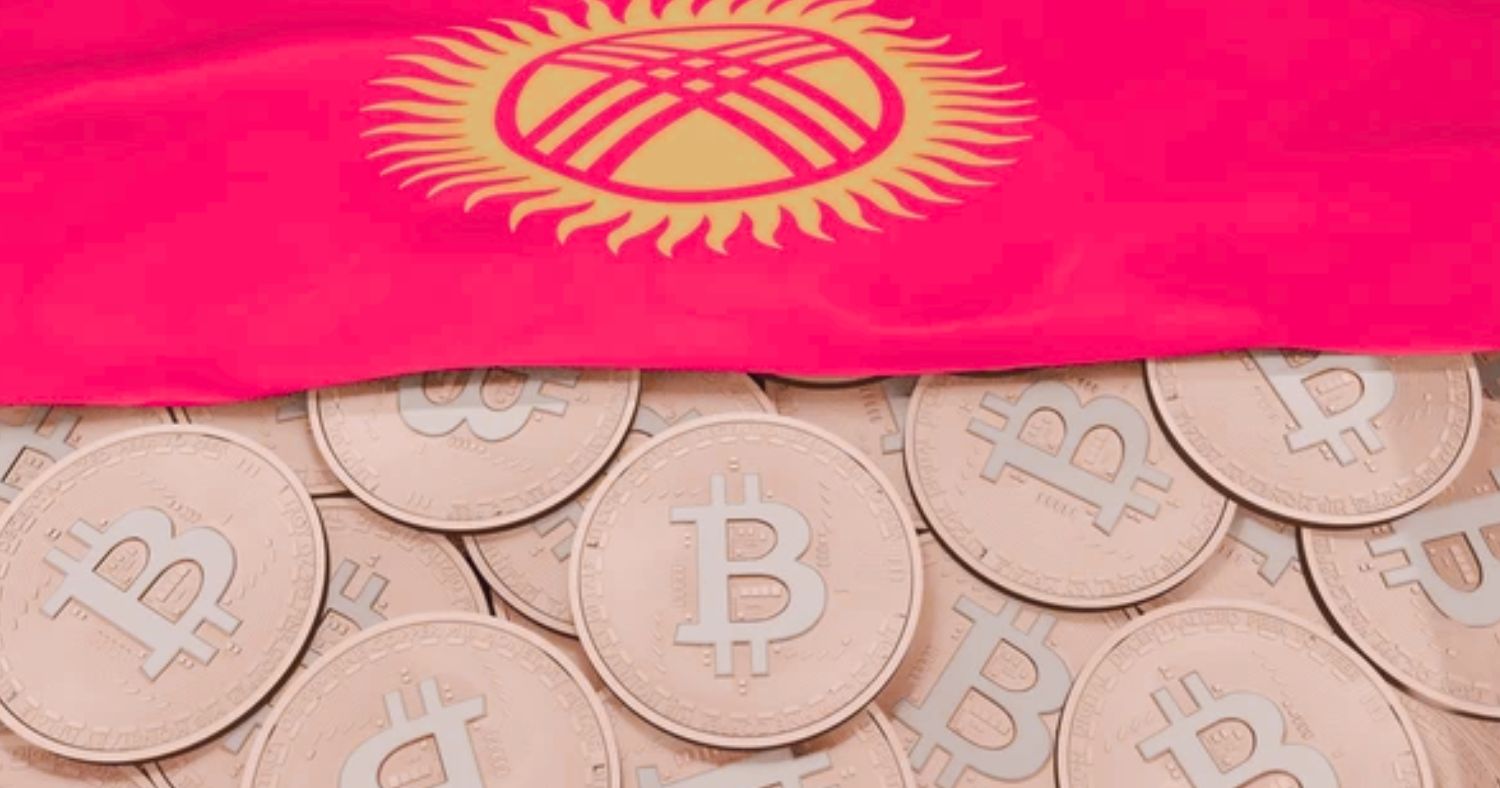A recent investigation by the blockchain intelligence firm TRM Labs indicates that Kyrgyzstan’s rapidly growing cryptocurrency sector has become a vital channel for Russian entities aiming to circumvent international sanctions. This significant surge in digital asset activity, which was almost non-existent before Russia’s full-scale invasion of Ukraine in 2022, appears to be almost entirely driven by Russian demand, rather than any substantial domestic use.
The report specifically highlights Kyrgyzstan’s role as a front for various crypto platforms and services that are closely linked to Garantex, a Russian exchange previously shuttered in March through an international operation due to its alleged involvement in illicit financial flows. TRM Labs’ analysis suggests that a new platform, Grinex, is likely a rebrand of Garantex, facilitating ongoing transactions through stablecoins such as A7A5, which have been used to transfer funds from the original sanctioned entity to its Kyrgyz-based counterpart.
New TRM analysis shows how Russia is turning to Central Asian nation Kyrgyzstan to access #crypto rails, route funds through shell exchanges, and evade sanctions.
— TRM Labs (@trmlabs) July 23, 2025
Learn more 👉 https://t.co/YZrIpDZgIC pic.twitter.com/A2RPlo3NiX
Further findings reveal a pattern typical of shell companies among many Kyrgyz platforms, with multiple entities registered under the same residential addresses, contact details, and even founders. Isabella Chase, TRM Labs’ EMA Head of Policy, noted that “The recent growth of Kyrgyzstan’s crypto industry appears to be driven by Russian demand, not domestic usage,” underscoring the external forces behind this expansion.
Kyrgyzstan’s government contributed to this accelerated growth by enacting a pro-crypto law in January 2022. This legislation effectively recognized cryptocurrencies as property and established a clear registration framework for Virtual Asset Service Providers (VASPs). This regulatory shift, coupled with the burgeoning Russian demand, saw the transaction volume of Kyrgyz VASPs skyrocket from $59,000,000 in 2022 to an astonishing $4,200,000,000 within just the first seven months of 2024. Despite these figures, there’s little indication of widespread local adoption or organic demand within Kyrgyzstan itself, reinforcing the notion that this crypto industry largely serves foreign interests.
These Kyrgyz-registered platforms, including Grinex and Meer, are described by TRM Labs as crucial “conduits for Russian entities—both legitimate and illicit—looking to access global financial systems amid sanctions.” They reportedly facilitate large-scale ruble-to-crypto transactions, often leveraging Russian-backed stablecoins. The investigation even linked wallet addresses registered with the Envoys Vision Digital Exchange (EVDE), a Kyrgyz platform, to the sanctioned paramilitary group Rusich Group.
The implications extend beyond financial evasion. TRM Labs’ research suggests that EVDE and other exchanges interact with cross-border logistics firms and Chinese financial institutions. This indicates that Kyrgyzstan is playing an increasingly important role in helping Russia acquire dual-use goods, such as semiconductors and drones, for military purposes. For instance, bilateral trade between Kyrgyzstan and Russia reached $3,500,000,000 last year, and imports into Russia via intermediary nations like Kyrgyzstan surged to $20,000,000,000 in the first half of 2023. Additionally, Chinese exports of 45 specific dual-use goods to Kyrgyzstan and Kazakhstan collectively increased by 64% between 2022 and 2023, totaling $1,300,000,000.
The prospects for controlling these activities appear challenging. With over 126 VASPs now licensed in Kyrgyzstan and its Ministry of Finance actively developing a domestic, USD-pegged stablecoin named USDKG, the sector is poised for continued growth. This rapid expansion unfolds within a political environment characterized by weak checks and balances and increasing executive power. Altynai Myrzabekova, Regional Advisor for Eastern Europe and Central Asia at Transparency International, states that such conditions “create vulnerabilities” that can be exploited for illicit financial flows. Kyrgyzstan’s low score of 25 out of 100 on Transparency International’s 2024 Corruption Perceptions Index highlights “serious concerns” regarding the integrity and transparency of its public sector.
Myrzabekova cautions that, without stronger safeguards, enhanced transparency measures, and the political will to enforce anti-money laundering and sanctions frameworks, Kyrgyzstan remains “highly exposed to exploitation by corrupt actors and sanctioned entities.” The nation’s burgeoning crypto industry, while appearing dynamic, largely serves as a strategic workaround for Russia amidst global financial pressures.






